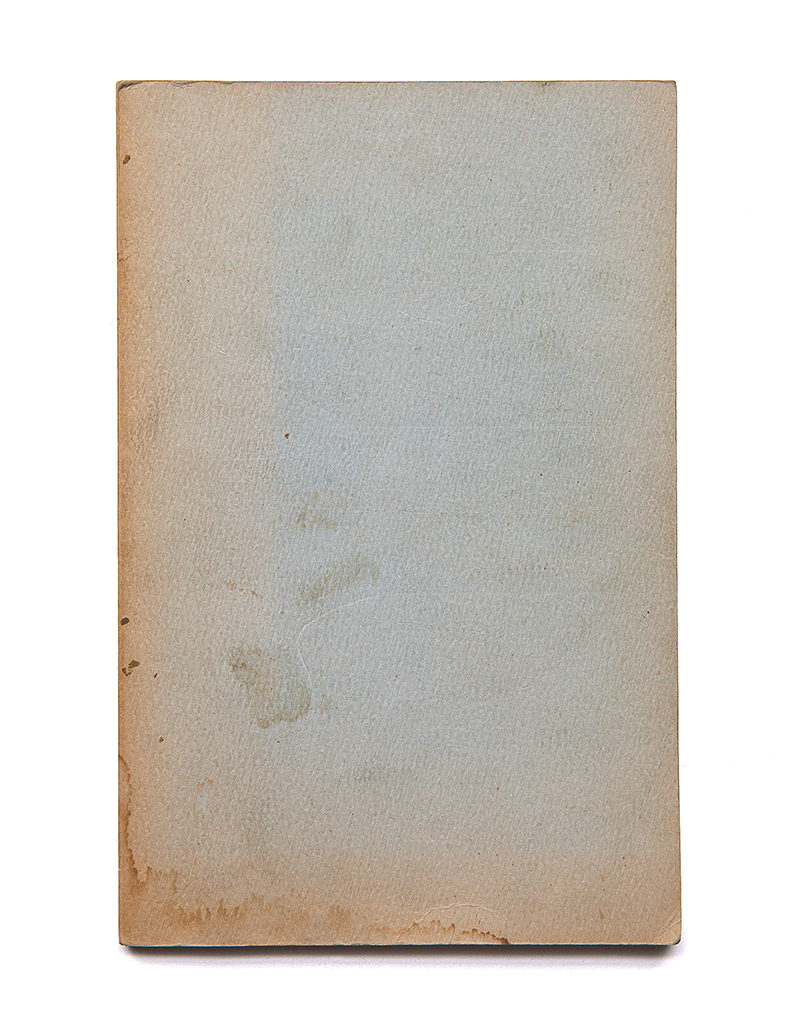Derek Stroup is an artist and writer based in New York. He is the author of six artist’s books: Tourmaline (2014) Utilities (2013), Every Instance Removed (2008), Candy (2006), Rope Swing Manifesto (2004), and Field Guide (2002). His artist books are distributed through Printed Matter, Inc. in New York, the Florence Loewy Gallery in Paris and Artphilein in Lugano. Recent publications include photographs in Kalle Lasn’s “Meme Wars: The Creative Destruction of Neoclassical Economics”, “Various Small Books (Referencing the Work Of Ed Ruscha)” by the MIT press (Cambridge), “CrEATe” and “Tangible,” both by Gestalten Press (Berlin) and “Pack!” by Monsa Editions (Barcelona). He has participated in solo and group exhibitions including the Brandhorst Museum—Munich, The Museum of Contemporary Art-San Diego, The Contemporary Museum-Honolulu, the Los Angeles County Museum of Art, the Kohler Art Center, Quint Contemporary Art, Cirrus Gallery and elsewhere. He received his BA from Williams College and his MFA from the University of California, San Diego.



Soft Covers
These photographs of soft cover books use digital means to reveal analog history. I photograph the books in my studio and then digitally remove the text from the covers. What remains is the history of the book as revealed by the nicks, creases, scuffs, stains and tears on the front. The visual abrasions are a metaphor for the contact between reader and text. How do you make the internal process of reading visible? The hand of the reader stands in for the eyes of the reader. Texts mark us as we mark them. Mechanically reproduced books acquire an aura, a specific history, as they move through time. They emerge from the printer in an identical state; over time each one acquires a signature through use, through being handled.
These are images about the circumstances in which we encounter a text—the specific qualities of the book as a thing. These are also images about the circumstances in which we encounter images and abstract visual experience. The photos on the covers (and the abstract shapes on the covers) are liberated from the burden of representing the contents of the book. The shapes and images become available for other possibilities.

















To view more of Derek’s work please visit his website.